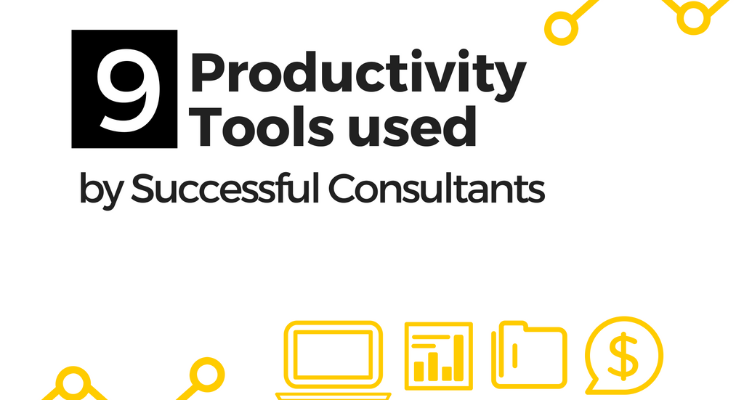Consulting advice is something that all the independent consultants get paid for. When it comes to the question of whether a consultant should give away free advice or not, consultants have different opinions. There are some consultants who give away free advice to the prospective clients in order to win their trust and get the assignment. Whereas other consultants do not give away free advice at all and share the references and past achievements instead.
Clients measure the value of a consulting advice on the basis of the amount that a consultant charges them. But some clients are given free consulting advice by the consultant during the initial interactions . When these clients get to know the charges of the consultant later, they find the charges on the higher side. This happens because these clients have been previously given free advice and did not appreciate the value.
Many consultants try the option of giving some indicative ideas on the given problem and think that it will help them in their conversation and build trust. But it boomerangs and either reduces the trust factor if the advice is incomplete, or if the advice is given in detail, it answers all the questions and doubts of the client. He no longer needs any further assistance from the consultant and he prefers a half baked solution and does not spend more money to get the full version.
To avoid getting into this trap, below are some simple and effective suggestions to handle the prospects deftly and to convert them into clients without having to give free advice:
1. Avoid Discussion on Core Issues:
During preliminary and exploratory interaction with the prospects, it is very important for the consultant to steer the conversation away from the problem that the client wants advice on. The consultant should give a crystal clear message to the client that those conversations will be possible only when the services of the consultant have been agreed to.
There are some clients who just come in to get free knowledge and are not serious about hiring a consultant at all. These types of clients collect free advises here and there and then implement all the borrowed knowledge in their business. Therefore, a consultant should refrain from discussing core issues of the client before entering into the contract.
2. Creating a Scope of Work Document:
At the time of initial interaction with the client the consultant should plan drafting a “scope of work document” and reduce things in writing instead of oral discussions. The scope of work document contains all the important details of the client project such as the tasks, activities, objectives, deliverables and timeline of the project.
It is important to create a scope of work document because it establishes a clear boundary line of the project. With the help of this document the consultant finds it easy to handle the prospective clients. It is only after creating a scope of work document that a client is better able to appreciate the project completely and have a perceived value of what he requires.
3. Create Activity Recording:
With the permission of prospects, the consultant should record and listen to all the initial conversations between him and the prospective client he interviews. This way a consultant can rehearse and figure out various ways through which the prospects are more likely to convert.
In addition, listening to the activity recordings help the consultant to recognize those clients who are not interested in buying the services of the consultant and are looking for free knowledge. With the help of different activity recordings the consultant can easily learn to identify and handle these types of clients.
4. Empty Vessels Make the Most Noise:
Someone has truly said that “empty vessels make the most noise.” Those people who have little knowledge, usually talk the most and make the greatest fuss. A consultant’s work essentially requires listening to the problems of the clients in the first place and speaking is always secondary.
If a consultant speaks too much about his consulting knowledge and skills, it may lead the prospective clients to believe that the consultant is desperate for new assignments. Instead of flaunting knowledge before prospects, the consultant should share the past achievements, case studies and testimonials, etc.
5. No Shortcut to Winning Trust:
The consultant should be mature enough to know that he cannot create TRUST in the spur of the moment. He needs to give time to the prospect who is planning to hire a consultant’s services.
Building trust with the clients cannot be done by giving away free advises. Not all the clients who come to a consultant are looking for free advises. Most of the clients are primarily concerned with their business issues and they come to a consultant only to find out workable solutions to their problems. Thus, clients are more likely to trust the adept consultants who understand their expectations and needs.
To Sum Up
The above pointers will help the consultants pitch the clients correctly without committing the mistake of giving free consulting advice. The consultants need to beware of some clients who are looking for free knowledge and trying to engage the consultant in futile conversation.
To sum up, it is best for the consultant to keep his cards close to his chest and not open them unless he is hired and the contract is executed. There is a pretty old saying in India which goes like “Bandh muthi laakh ki khuli muthi khaakh ki”. Simply said- Share only on a need basis and never show all your cards. Keep some aces always up your sleeve.



